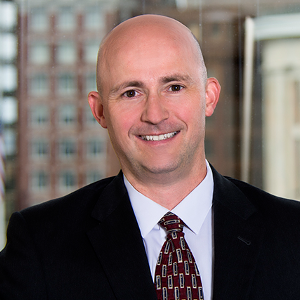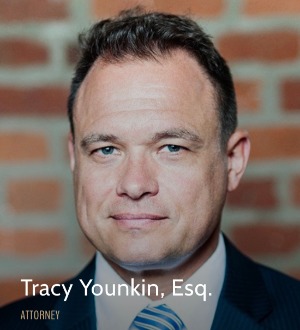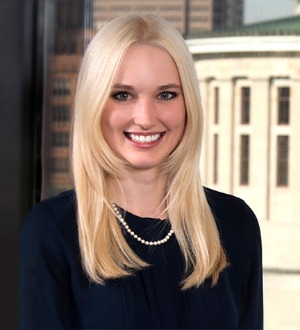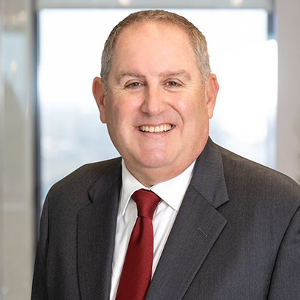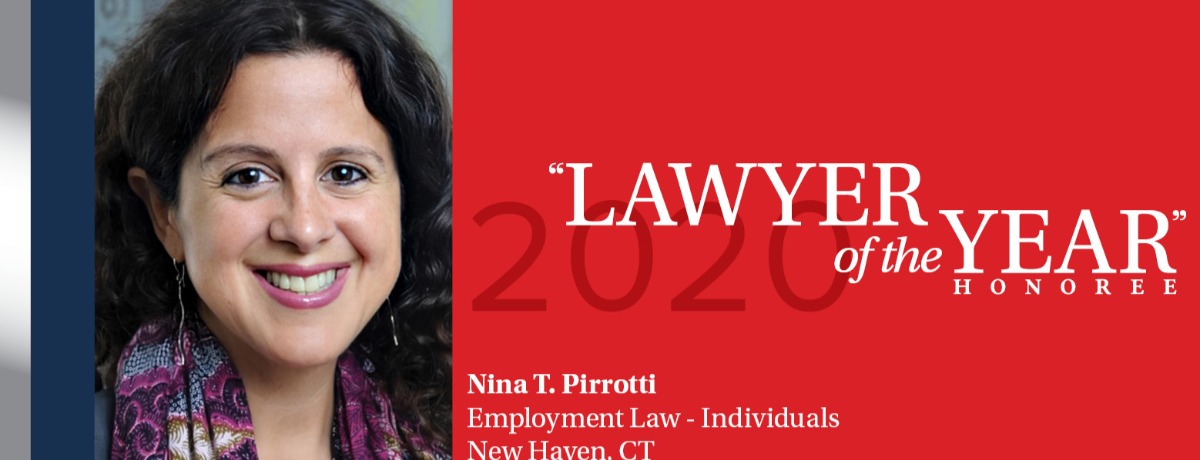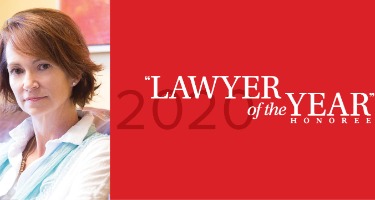Recent South Carolina Supreme Court Decisions May Increase Legal Risks in Employee Terminations
The South Carolina Supreme Court issued two decisions late in 2021 that may impact employers’ and co-workers’ potential liability in litigation arising from an employee’s discharge.
South Carolina Supreme Court Decision on Employment at Will
On December 1, 2021, the South Carolina Supreme Court decided Hall v. UBS, answering three certified questions in a lawsuit Hall filed against UBS and a UBS employee following his termination. UBS discharged Hall after an employee (Reid) reported him for inappropriate behavior. Hall’s claims against UBS included one for breach of the implied covenant of good faith and fair dealing. His claims against Reid included one for tortious interference with contractual relations.
The Supreme Court answered the three certified questions, reaching the following legal conclusions:
- First, at-will employment is a contractual relationship. Prior to this, there had been some confusion among state appellate courts as to whether at-will employment is contractual. The Supreme Court held that, pursuant to general contract law, there is a contractual relationship when an employer offers to pay an employee to perform a service for a price and the employee performs that service. The Court also held, however, that this conclusion does not limit an employer’s ability to terminate an employee for any legal reason without being held liable.
- Second, while there is a contractual relationship in at-will employment, termination of at-will employment cannot breach the contractual covenant of good faith and fair dealing. The Court came to this conclusion by answering two questions. First, the Court found that given there is a contract in an at-will employment relationship, the covenant of good faith and fair dealing must be implied in that relationship as well. The Court opined that all previous case law saying otherwise was based on the now unfounded notion that at-will employment was not contractual. However, the Court then found that this covenant couldn’t be breached by the termination of at-will employment because the covenant of good faith and fair dealing cannot be breached when a party to the contract does what the contractual provisions expressly give the party the right to do. At-will employment, by definition, allows an employer to terminate an employee for any legal reason. Accordingly, an employer cannot breach the covenant of good faith and fair dealing by terminating at-will employment.
- Third, an employer’s termination of an at-will employee, which results from a third-party employee’s unjustified report to the employer, can give rise to a cause of action for tortious interference with a contractual relationship against the third-party. One of the key issues the Court had to decide here was whether a claim for tortious interference with a contractual relationship could arise even if the underlying termination was not a breach of contract. The Court reasoned that the absence of an underlying breach of contract does not shield a third-party from liability when the third-party intentionally and unjustifiably procures the termination of an at-will employee. Put differently, the threshold for a viable claim is not whether there was a breach of contract, but whether the third-party took action without justification that induced termination of at-will employment. As a result of these findings, a terminated employee may have a viable cause of action for tortious interference with a contractual relationship against a third-party employee when the third-party files an unjustified report against the employee that induces the employer to terminate the employee.
Clarification of Pleading Civil Conspiracy Claims
In another recent decision, the South Carolina Supreme Court held that a plaintiff does not have to plead special damages in a civil conspiracy claim. See Paradis v. Charleston Cty. Sch. Dist. This decision brings South Carolina’s requirements in line with other states’ requirements for pleading civil conspiracy. This decision is relevant to employers in light of the decision in Hall regarding the viability of tortious interference with contractual relationship claims since such claims may also give rise to a civil conspiracy claim.
Employers’ Bottom Line
These rulings will inevitably increase the risk South Carolina employers face when making termination decisions because, at their core, they provide more avenues of relief for terminated employees. Now more than ever, employers should ensure their human resources and employee relations departments are diligent and meticulous when assessing an employee’s report of wrongful conduct against another employee, and that they continue to apply disciplinary procedures in a non-discriminatory manner. Finally, as an unintended consequence of the holding in Hall, employers may find co-workers less likely to report the misconduct of fellow employees as the ability of the employee to bring a tortious interference with a contractual relationship claim against a third-party becomes more widely known in the workplace.
If you have any questions regarding this Alert, please contact the authors, Wade Ballard, partner in our Spartanburg office at wballard@fordharrison.com. Of course, you can also contact the FordHarrison attorney with whom you usually work.

